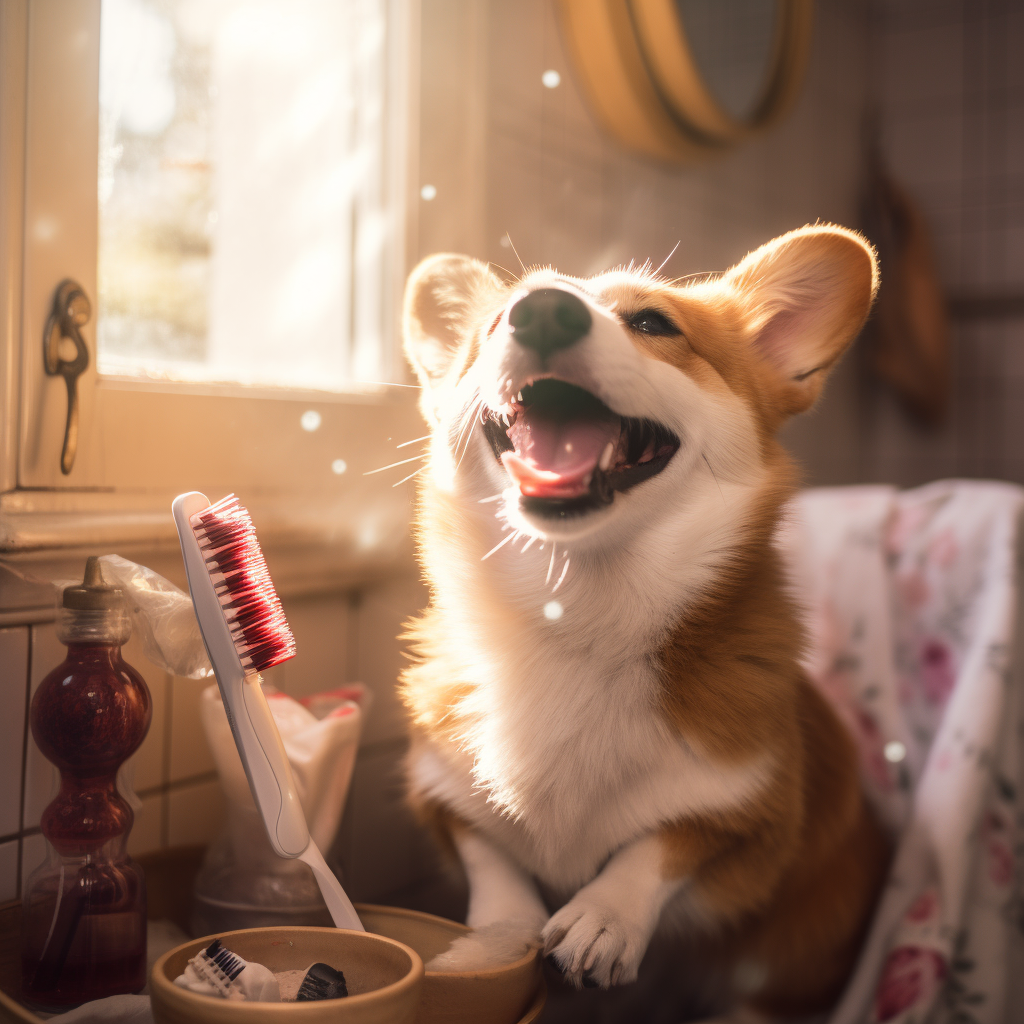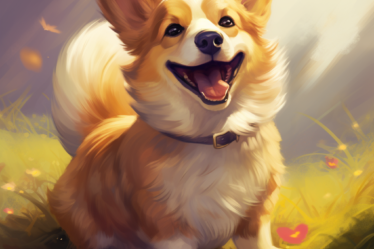
As a Corgi owner, you’re likely aware of their playful nature and expressive eyes, but have you given much thought to their dental health? It’s an often-overlooked aspect of pet care that’s crucial for their overall well-being. Let’s dive into the world of Corgi dental health and explore some best practices for keeping those adorable teeth healthy and clean.
First off, it’s important to realize that dental health in dogs, much like in humans, is tied to overall health. Dental problems can lead to, or be a sign of, other health issues. For Corgis, this is particularly important given their susceptibility to dental issues.
Starting a dental care routine early is key. Ideally, you should begin when your Corgi is a puppy, as it gets them used to the process. But it’s never too late to start! Initially, your furry friend might be a bit resistant to teeth brushing, but with patience and persistence, it can become a regular part of their routine.
Brushing your Corgi’s teeth is the cornerstone of dental care. There are specially designed dog toothbrushes and toothpaste (never use human toothpaste as it can be harmful to dogs). Begin by letting them taste the toothpaste and gradually work up to brushing. Aim to brush their teeth several times a week, if not daily. Gentle circular motions along the gum line and on the teeth will help prevent plaque and tartar buildup.
Don’t forget about dental chews and toys. These are not just treats or playthings; they serve an important purpose. Chewing helps naturally clean your Corgi’s teeth and gums, reducing plaque. It’s also a great way to keep them occupied and satisfy their natural chewing instinct.
Regular dental check-ups are crucial. During your regular vet visits, make sure to have your Corgi’s teeth and gums checked. Your vet can spot early signs of dental issues and can perform professional cleanings if necessary. They can also offer specific advice tailored to your Corgi’s needs.
Diet also plays a role in dental health. Some dog foods are specially formulated to help clean teeth as they eat. Discuss with your vet if these might be a good option for your Corgi.
Finally, be on the lookout for signs of dental problems. Bad breath is often the first sign. Other indicators include difficulty eating, red or swollen gums, and visible tartar on the teeth. If you notice any of these, it’s time for a trip to the vet.
In conclusion, taking care of your Corgi’s teeth is more than just a cosmetic concern. It’s a vital part of their overall health care. Regular brushing, the right toys and chews, proper diet, and vet check-ups can keep your Corgi’s smile bright and healthy. So, next time your Corgi flashes you a big, toothy grin, you can be sure it’s as healthy as it is happy!


